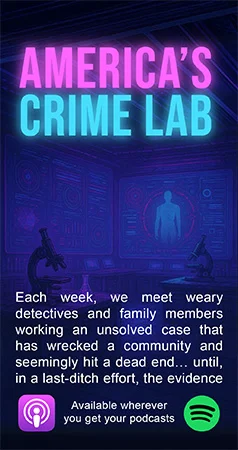I have visited Turkey several times. It really is a lovely place to visit. This bit is really interesting from your BBC link because of other media I have been reading today.
"Turkey embraces hydroxychloroquine
The country has public health lessons to offer, according to acting head of the World Health Organization (WHO) in Turkey, Dr Irshad Shaikh.
"Initially we were worried," he told the BBC. "They were having 3,500 positive cases per day. But what has worked is testing. And they did not have to wait five or six days for results." He also credits the quarantine, isolation and contract tracing measures but says it's too soon to judge Turkey's treatment protocol for patients.
Controversially that includes the anti-malarial drug, hydroxychloroquine, as standard. It's much touted by President Donald Trump - but has been roundly rejected by the latest international research.
The WHO has temporarily suspended it from their trial of possible treatments for the virus. That followed research published in the Lancet which suggested hydroxychloroquine can cause cardiac problems in Covid-19 patients, and could do more harm than good.
We were given access to a hospital where it has been part of the standard treatment for thousands of patients. The Dr Sehit Ilhan Varank hospital, a two-year old-state hospital, is also state of the art. It's a bright, spacious battlefront against the virus.
Image captionTurkey has been using the drug hydroxychloroquine to treat Covid-19 patients
Chief doctor Nurettin Yiyit - whose art work is on the hospital walls - says it's key to use hydroxychloroquine early. "Other countries are using this drug too late," he says, "especially the United States. We only use it at the beginning. We have no hesitation about this drug. We believe it's effective because we get the results."
On a tour of the hospital, adding and subtracting protective layers as we go, he explains that Turkey's approach is to "get ahead of the virus", by treating early and treating aggressively. They use hydroxychloroquine and other drugs, along with blood plasma and oxygen in high concentrations.
Dr Yiyit is proud of his hospital's mortality rate of under 1%, and of the empty beds in the intensive care unit. They try to keep patients out of here, and off ventilators.
We meet 40-year old Hakim Sukuk who has left the ICU and is homeward bound, brimming with gratitude.
Image captionHakim Sukuk is heading home after treatment
"Everyone took care of me so well," he said, sitting up in bed. "It was like being in my mother's arms."




